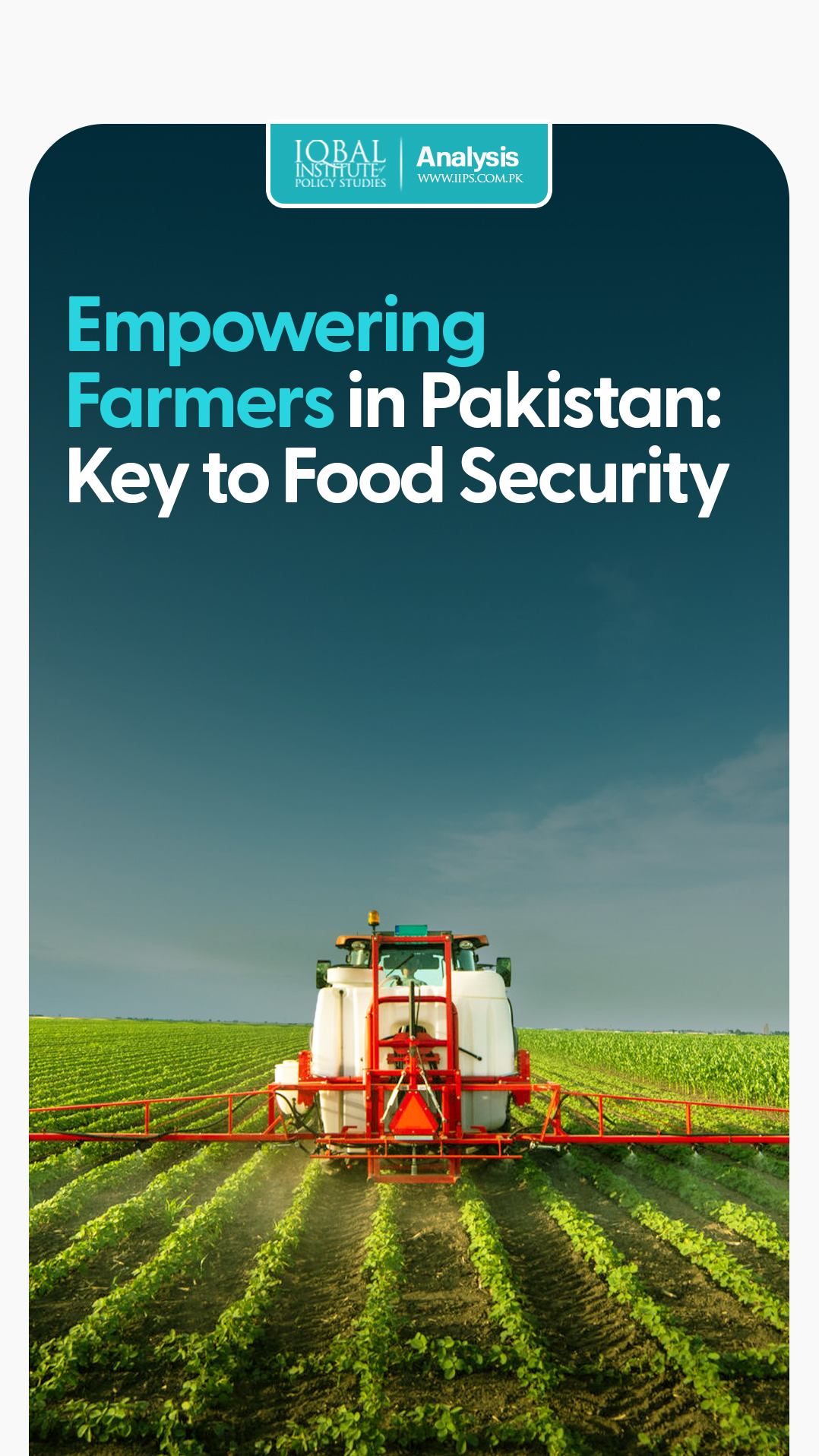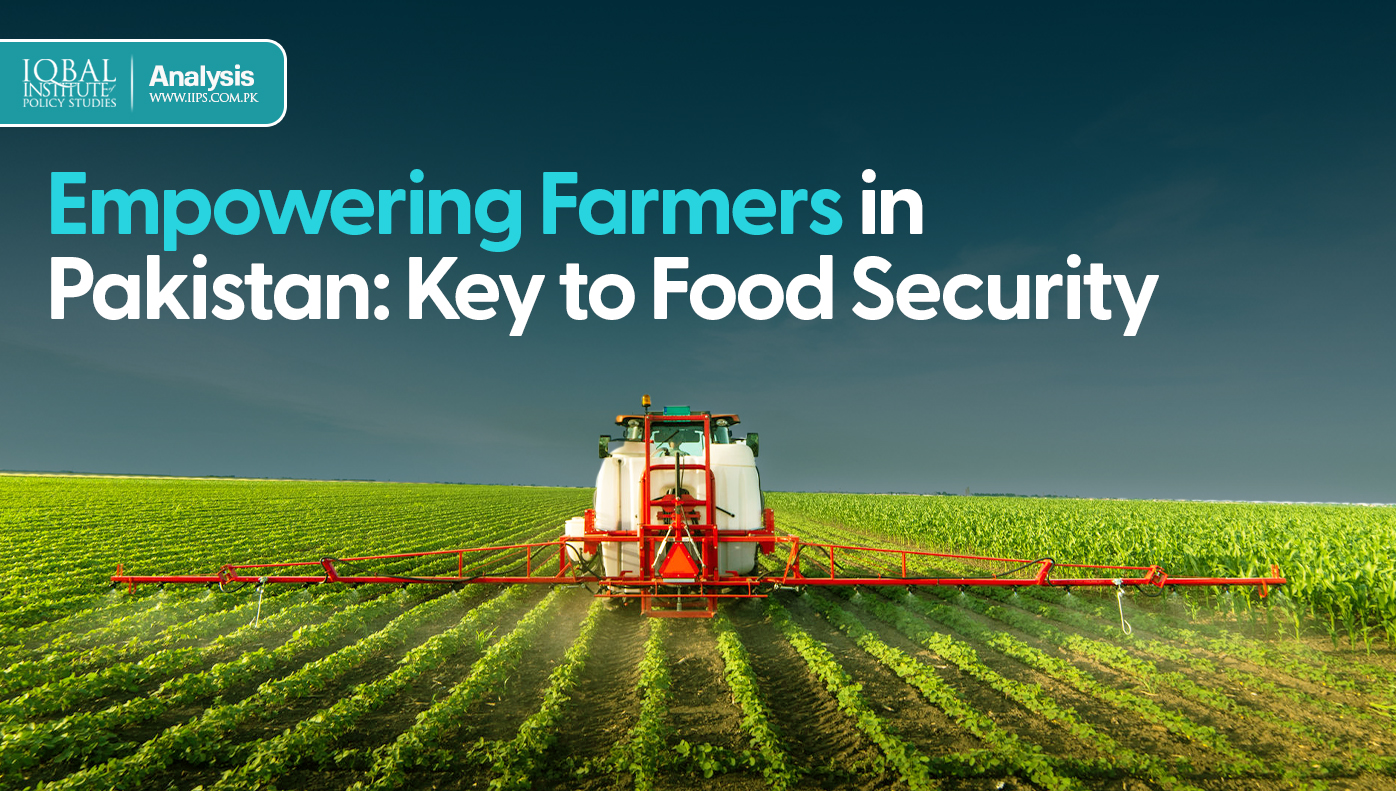In Pakistan, the agriculture sector is considered a major source of employment, livelihood, and income for between 50 to 90 per cent of the population. The sector contributes 18.9% to the country’s GDP and absorbs almost 42.3% of the entire labour force. The sector achieves relatively low growth due to climate change and outdated development policies despite such massive significance. The agricultural industry is crucial to the country’s economic growth, food security, employment generation and poverty alleviation.
In addition, small farmers comprise the majority, up to 70 to 95 per cent of the farming population. However, they are exposed to challenges of integration and competitiveness in new markets and are repressed by a lack of basic public services, market liberalisation, and budgetary and capacity limitations. These challenges are affecting food production in the country. According to a Pakistan Bureau of Statistics report, 16% of the country’s population suffers moderate or severe food security, which means three out of five households face food insecurity.
To help small farmers improve their resilience to climate change, Asian Development Bank (ADB) has approved a $100 million loan. This loan will support the agriculture sector of Pakistan by financing coffee, cotton, and rice inventories for over 50,000 smallholder farmers across the country. It aims to secure food supply chains and reliable incomes for smallholder farmers and support offsetting the impact of supply chain disruptions due to the pandemic. It will ensure reliable offtake to farmers, directing a way to preserve their livelihoods and assets and enabling them to invest in climate-resilient farming practices.



Leave a Reply